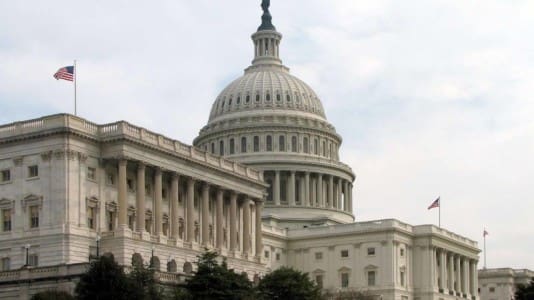United Surveys carried out a survey for RMF FM radio and Dziennik Gazeta Prawna paper meant to gauge the response of Poles concerning paying higher energy bills in the name of fighting climate change.
Only 33 percent of respondents stated that they would be able to bear the higher costs. Interestingly, the division between government and opposition supporters was not visible here, with 51 percent of government voters opposing to the idea and 54 percent of opposition supporters having the same sentiment.
A similar case can be seen when it comes to those who are able to pay more – 35 and 37 percent respectively.
Respondents were also asked whether they would be able to accept higher costs to protect the climate. Only 6.7 percent of Poles stated that they would be, and 26 percent declared that they “probably would be.” However, the decisive majority of Poles do not want to pay higher bills for such a reason, with 25.7 percent of respondents responding with “probably not” and 33 percent saying “definitely not,” amounting to close to 59 percent of Poles who do not accept such a reason to increase energy costs.
Interestingly, Poles have only recently changed their approach to the question. One month ago, more than 40 percent of them would have agreed to higher bills and 47 percent were opposed to the idea.
Poles also are of the opinion that inflation is much higher than what Statistics Poland (GUS) data shows. They believe that the prices of goods and consumption services have grown by 30 percent within the last year.
According to GUS, the prices of goods and services were 8.6 percent higher in December 2021 than a year prior. Pensioners are the ones who have felt the increase in prices the most. According to them, prices have grown by 48 percent on average. What’s more, more government supporters (27 percent) have a worse outlook than opposition supporters (26 percent).
The United Survey poll was conducted last week following the Energy Regulation Office’s decision to confirm increases in the prices of energy and gas. The scale of these raises definitely influenced the survey’s outcome, as respondents were clearly surprised.
Sixty-three percent said that the increase in prices were higher than they expected, and only 2 percent that they were lower than expected.






